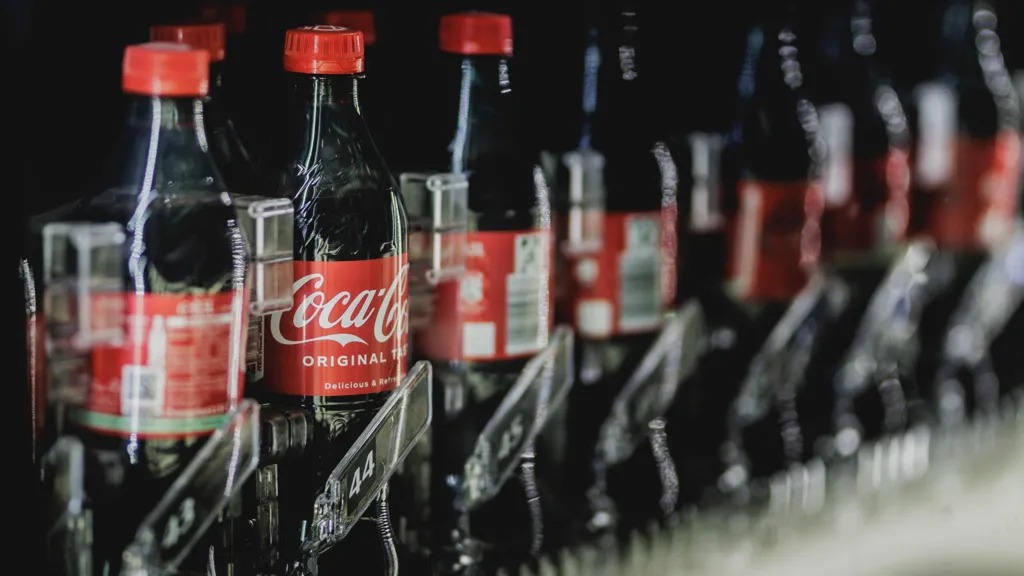
Coca-Cola May Use More Plastic Due to Trump Tariffs
Coca-Cola may shift towards more plastic packaging in the U.S. if President Donald Trump’s 25% tariffs on aluminium drive up can costs, said CEO James Quincey. The move raises environmental concerns as Coca-Cola has been criticized for plastic pollution.
Coca-Cola’s Packaging Strategy Amid Tariffs
The Trump administration’s new tariffs on steel and aluminium imports could make canned beverages more expensive. Coca-Cola, in response, is considering increasing its reliance on PET plastic bottles to maintain affordability.
James Quincey stated, “If aluminium cans become more expensive, we can put more emphasis on PET bottles.” Although packaging is a small part of Coca-Cola’s overall costs, rising aluminium prices may impact pricing and production choices.
Environmental Concerns Over Plastic Usage
Coca-Cola has been named the “top global plastic polluter” for six consecutive years by environmental groups. The company had previously pledged to use 50% recycled materials in packaging by 2030 but revised the target to 35%-40% by 2035.
Aluminium cans, despite being pricier, are significantly more recyclable than plastic bottles. With the U.S. importing nearly half of its aluminium supply, a 25% import tariff could further increase costs, pushing companies towards cheaper alternatives like plastic.
Trump’s Tariff Policy and Its Impact
Unlike in 2018, when certain can-makers received exemptions from tariffs, Trump has stated there will be no exclusions this time. The policy is expected to have widespread effects on the beverage industry, increasing production costs.
Reversal of Plastic Reduction Policies
In addition to aluminium tariffs, Trump recently signed an executive order reversing a Biden-era policy to replace plastic straws with paper alternatives. Biden had labeled plastic pollution a “crisis,” but the reversal signals a shift in environmental policy.
Read more on this topic: BBC News
Related Articles: Sustainability in Packaging



